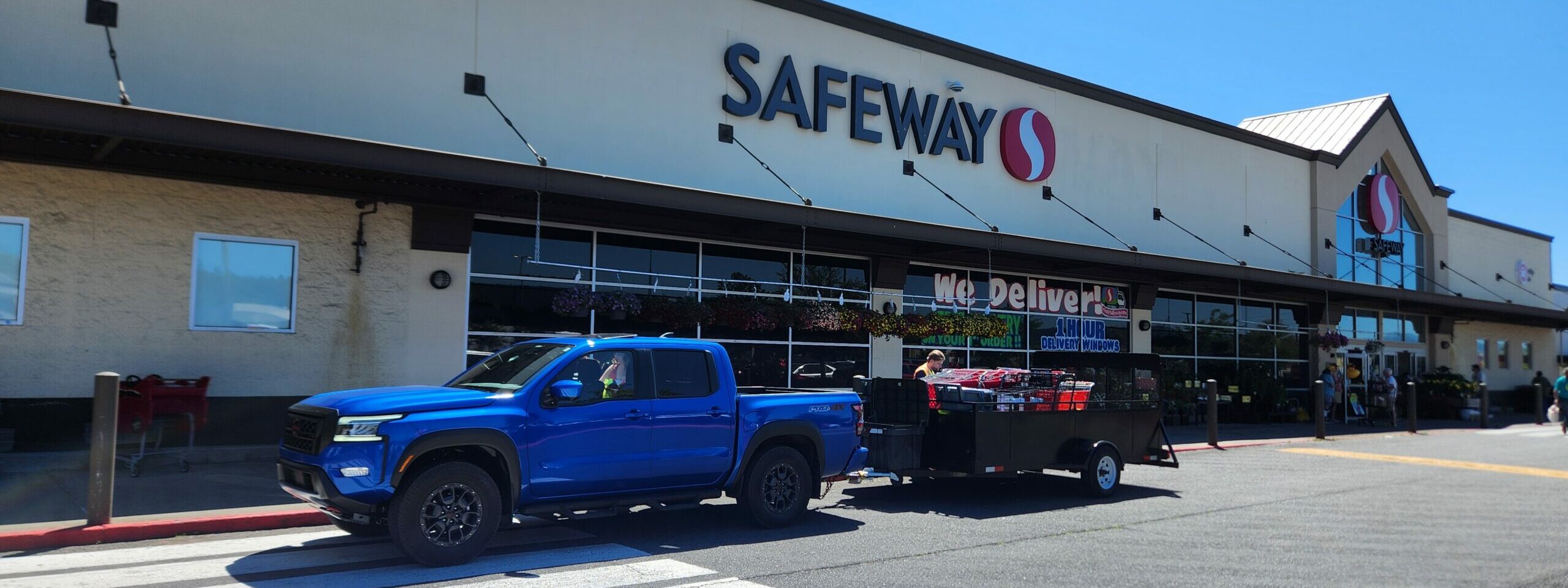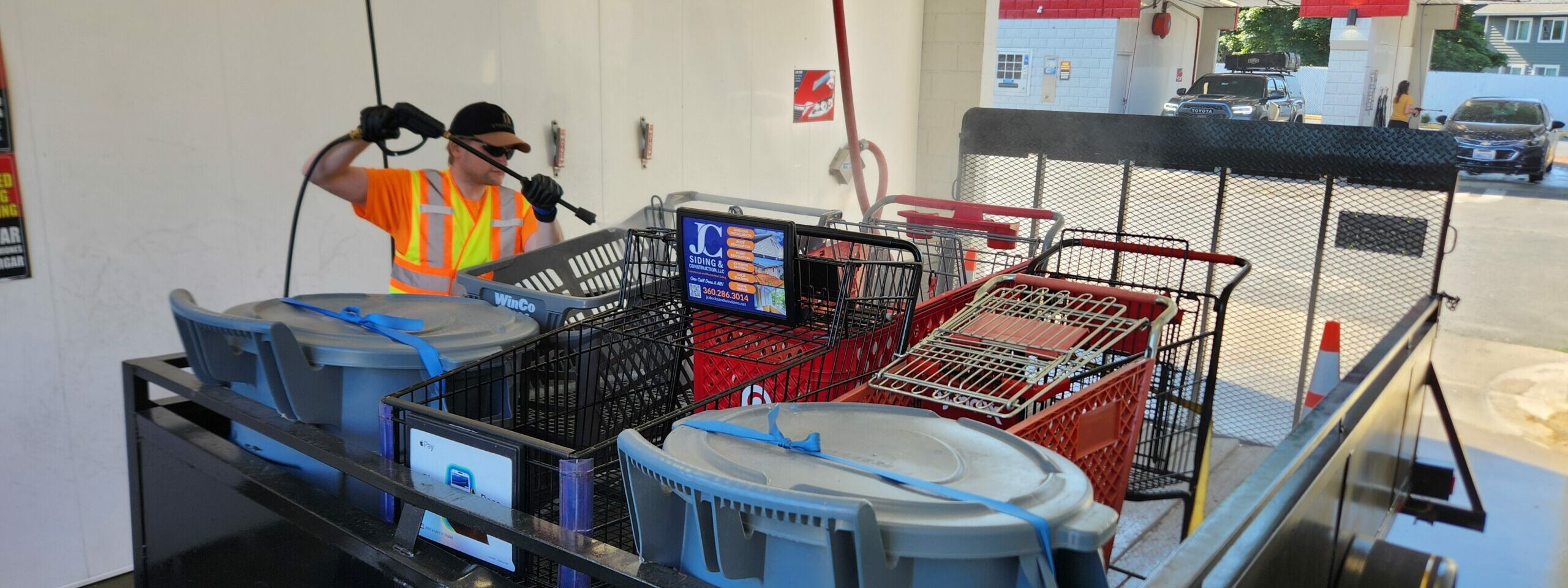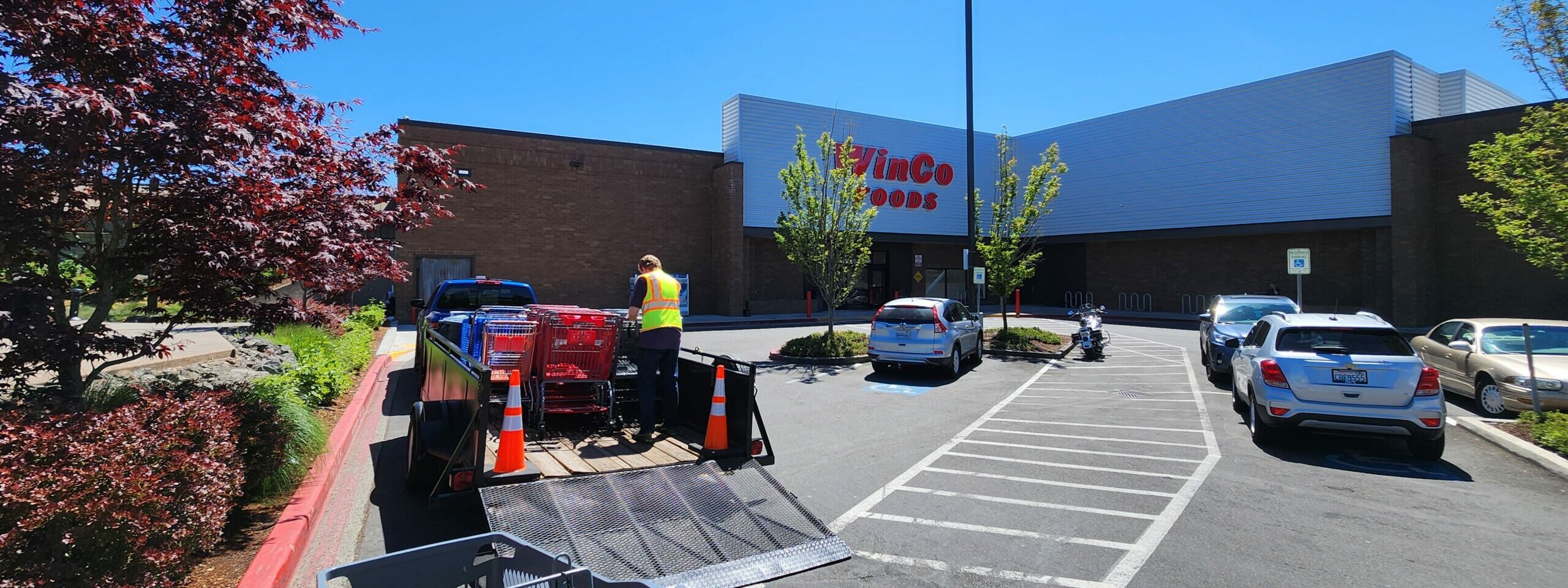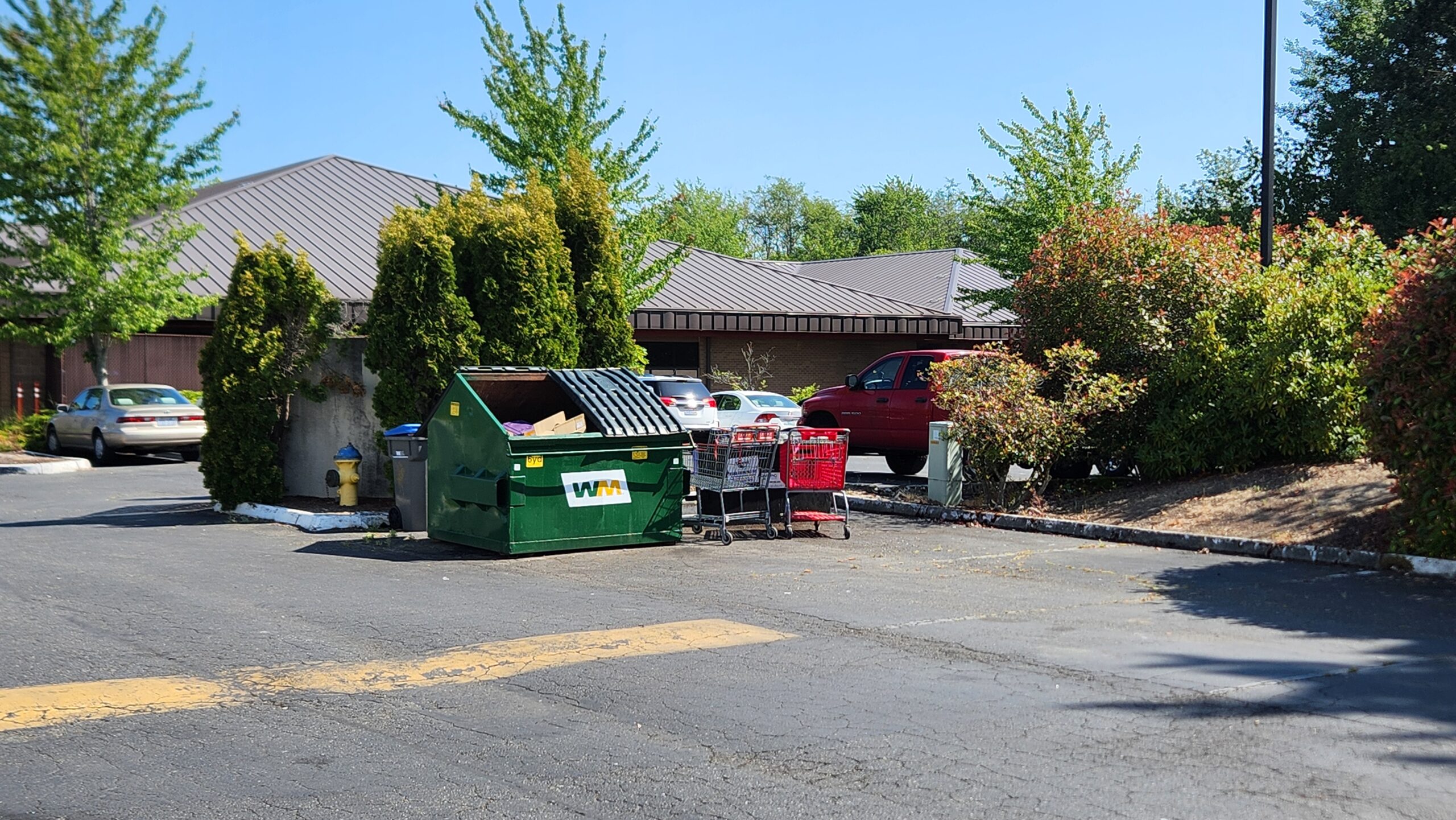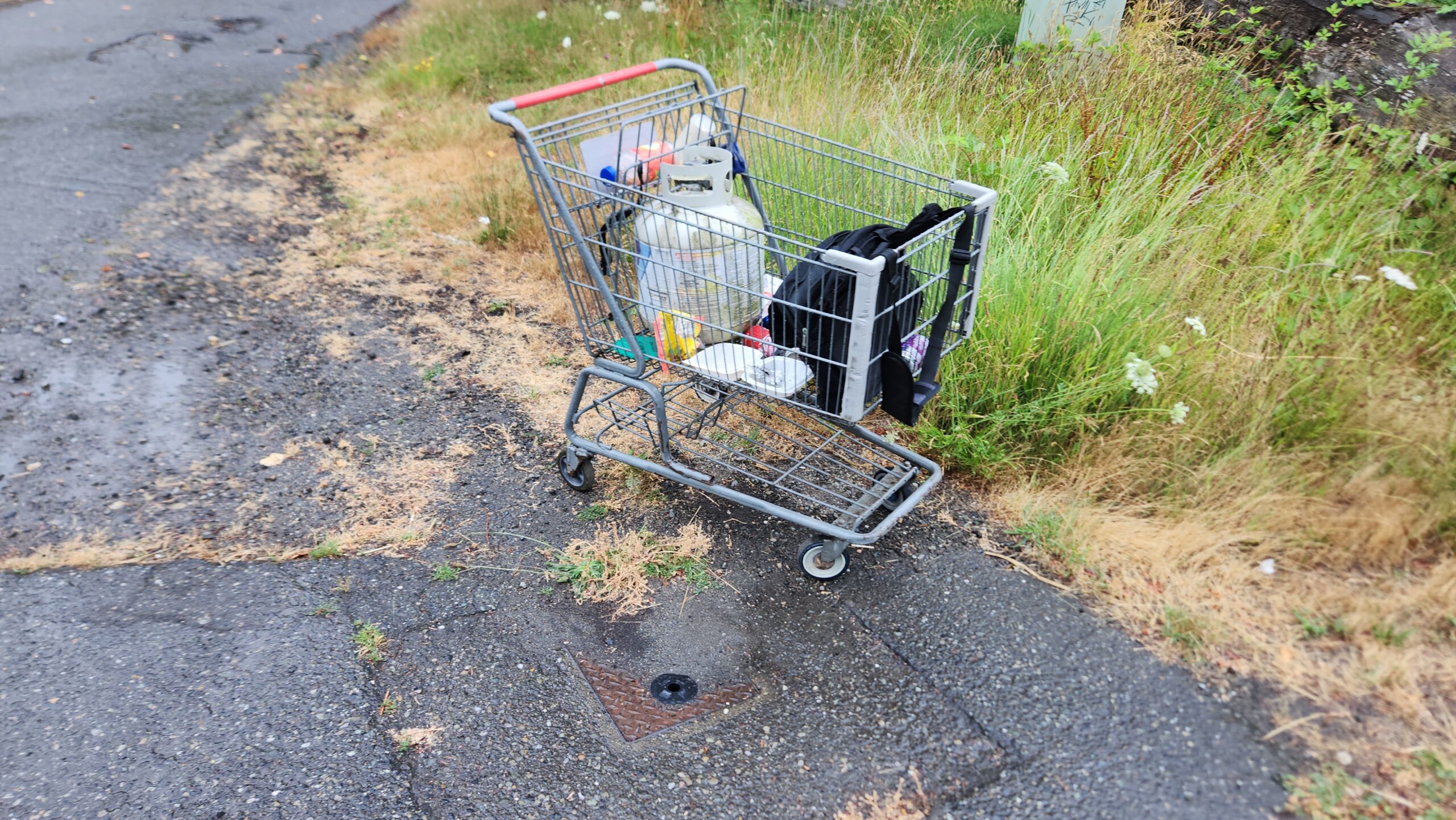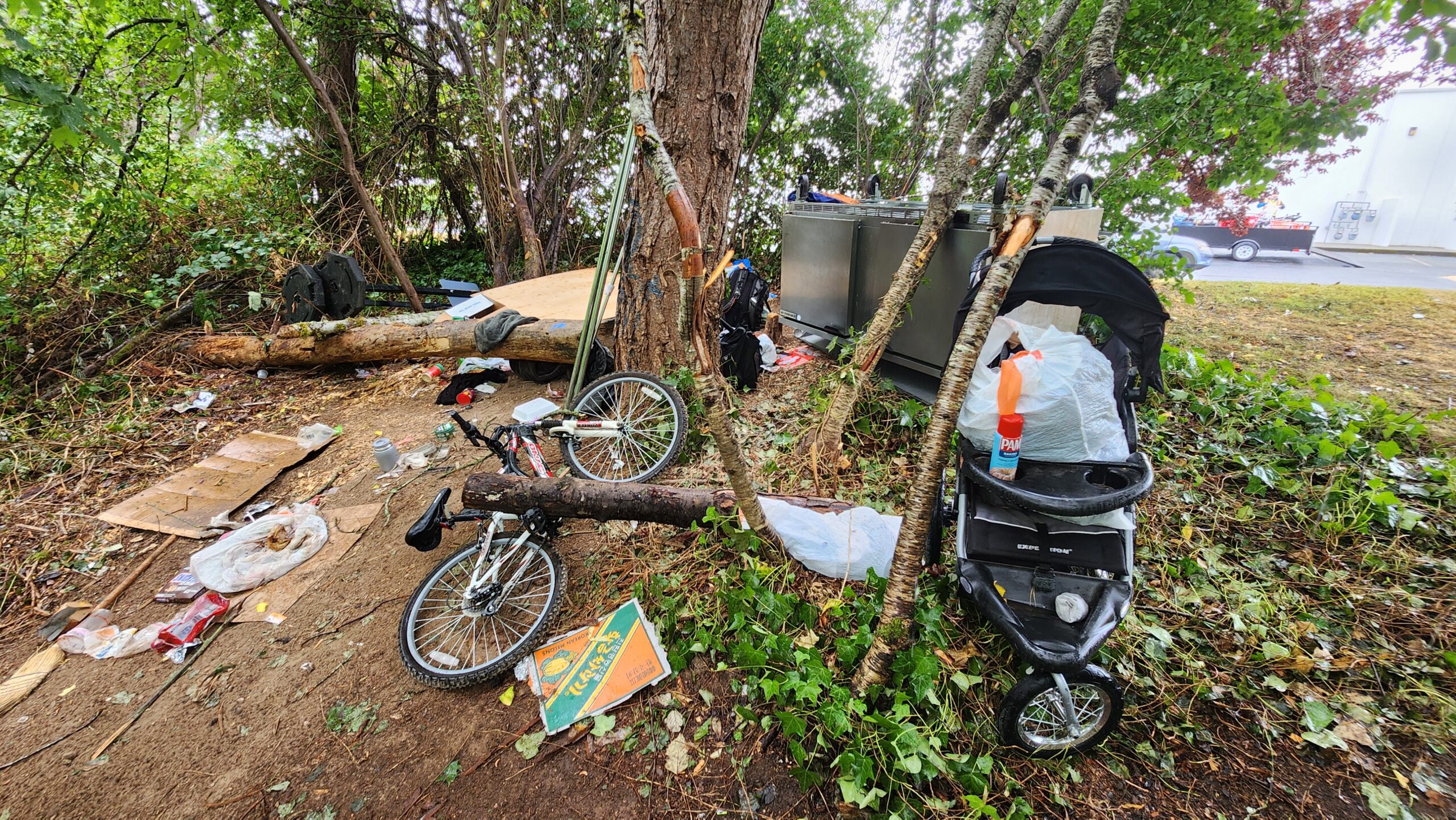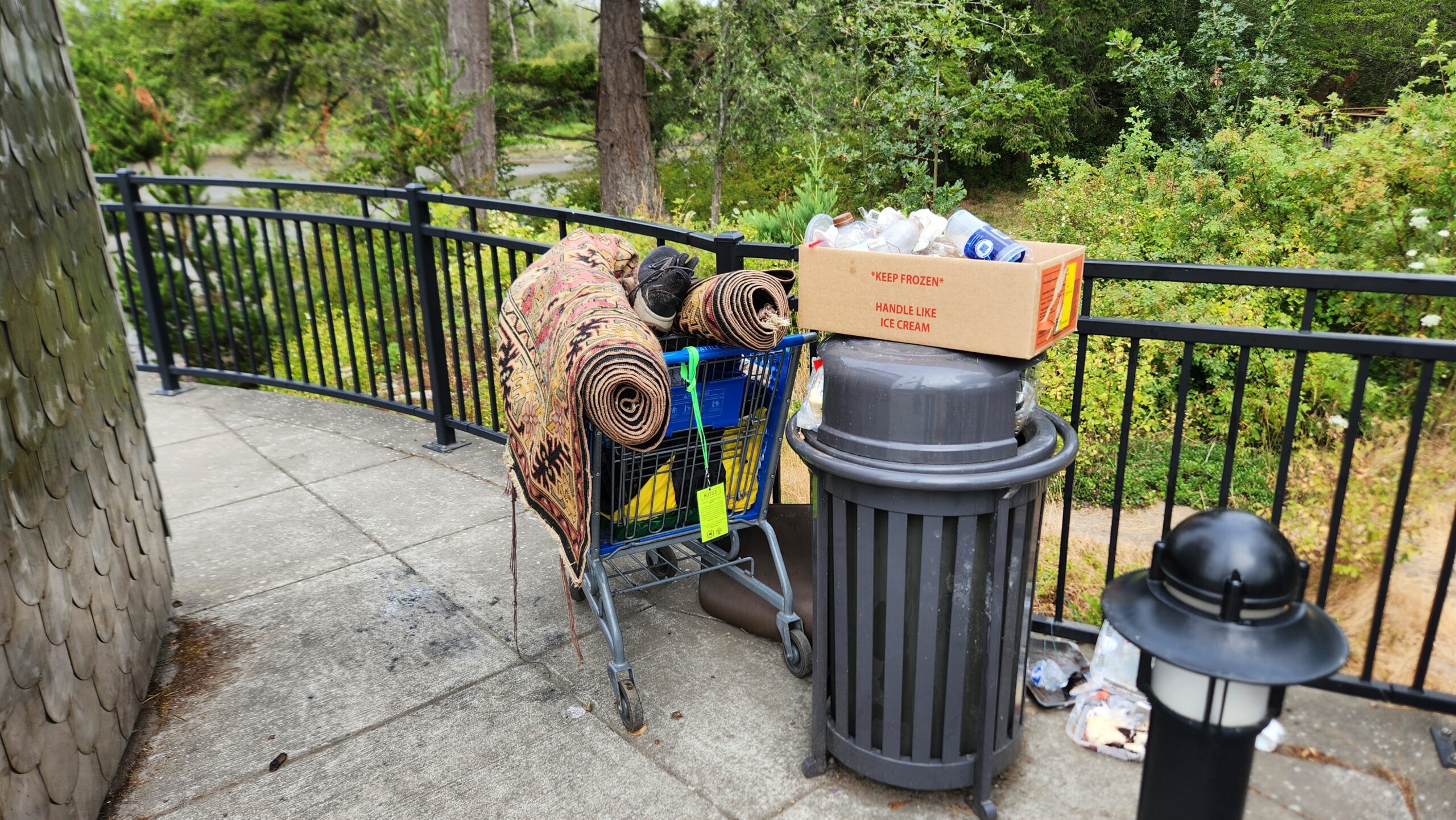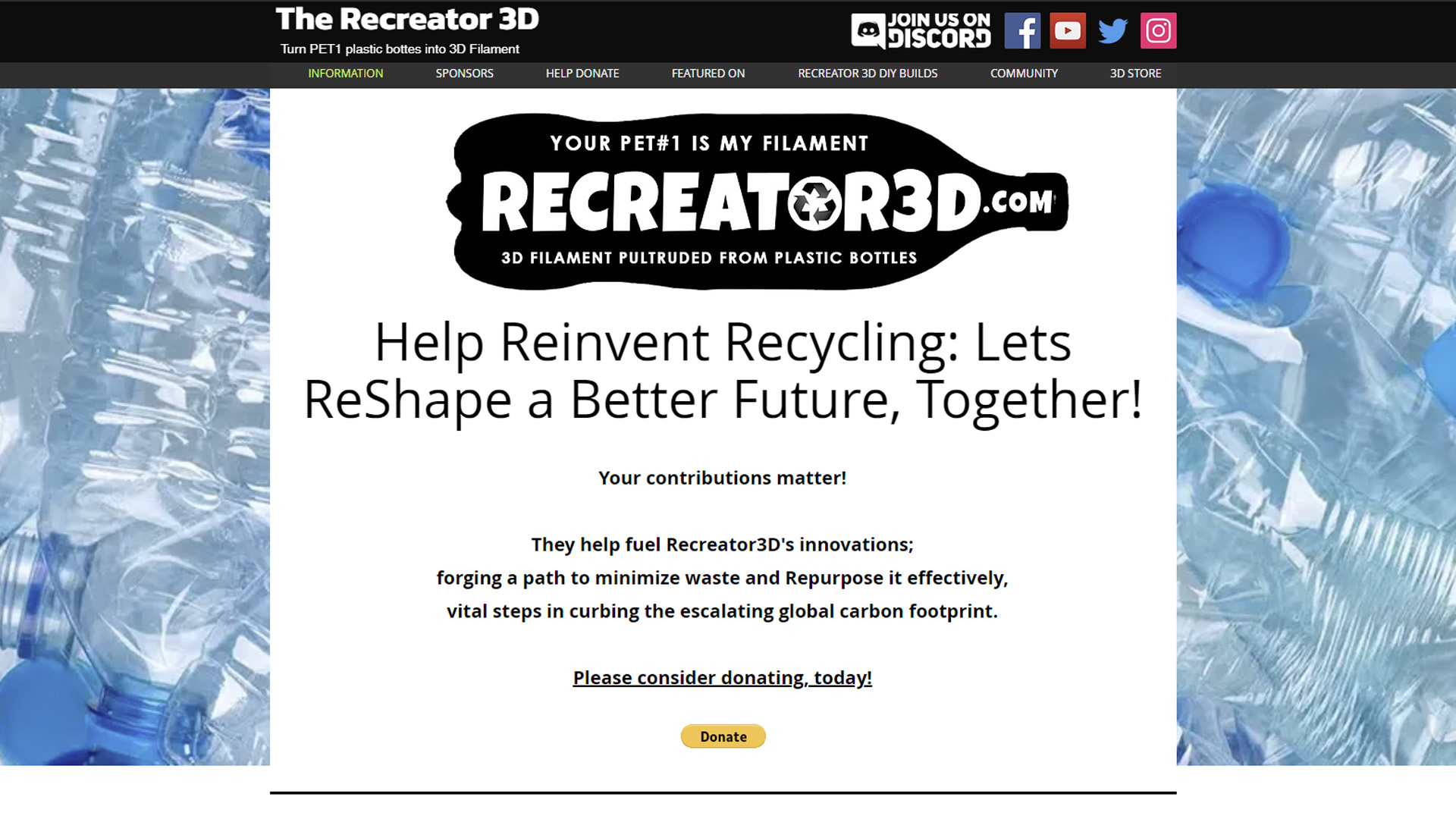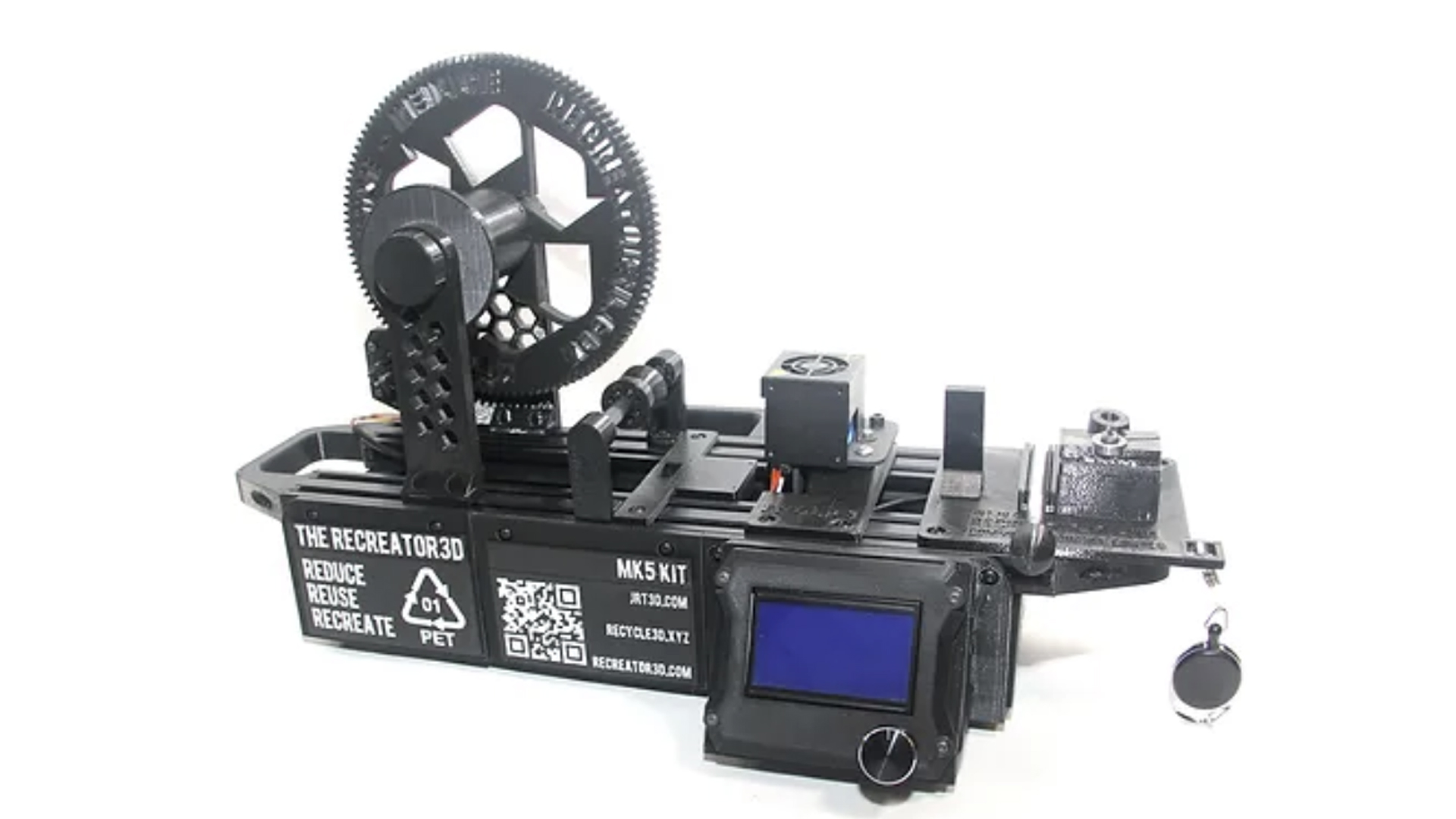Carts collected, cleaned & returned | 2025

Collect, Clean, & Return Shopping Carts
Our Save-A-Cart program collects, cleans and returns carts that have been clearly abandoned. If we suspect that a cart is still being used by someone we will tag that cart with an easily identifiable placard that will inform that person using the cart to collect their belongings within 48 hours or it will collected and the content inside disposed of. In the instance that a cart is located on private property, we will contact the property owner before entering the property.

Our Mission
Sponsor-A-Can is dedicated to enhancing the living conditions of individuals and communities facing poverty worldwide. We are here to foster a cleaner & healthier community for all people in our community by providing services and tools that will aid in achieving these goals. We uphold the principles of dignity, respect, and empowerment for every person, regardless of their circumstances.
Upcoming Goals
Re-Entry Program | Opportunity
We are interested in creating our own re-entry programs to give opportunities to individuals who have shown that they are serious about building a fruitful and honorable life. Life is difficult and even more so if you haven’t had the opportunity to adapt. If you have completed your time without punishment, have any information or contacts that you would be will to connect us with, we would like to hear from you.
Social Media
Our Successes
2026 | New Contract & Projected 80% Reduction in Homelessness For 2025!
Thank you to everyone who has made this possible! We are happy to announce that we have signed a new 6 month contract with Kitsap County. While this is impressive alone we are happy that we have managed to stick around following a 30% budget cut. Through 2025 we saw a 53% reduction in shopping carts and because of our efforts with the Heart Coordinator and Kitsap County Sheriff’s Office there is a projected 80% reduction of homelessness in Kitsap County!
2025 | 446 Carts | A 53% Reduction!
We are happy to announce that we have collected, cleaned, and returned 446 shopping carts to their respective owners.
2024 | 944 Carts | $424k Returned!
We are happy to announce that we have collected, cleaned, and returned 944 shopping carts to their respective owners.
Kitsap County Pilot EXT. | Start
We have been awarded a second contract! From October 1, 2024 to March 1, 2025 Sponsor-A-Can will collect, clean, and return shopping carts within the Silverdale Urban Growth Area out to Illahee State Park.
Kitsap County Pilot | Complete
Successfully completed the pilot program with Kitsap County from March to September 2024. We collected, cleaned and returned 560 shopping carts.
Kitsap County Pilot | Start
From March 15 to September 15, 2024 Sponsor-A-Can will collect, clean, and return shopping carts within the Silverdale Urban Growth Area.
Carts collected, cleaned & returned | 2024
Community Building Through Plastic Waste Solutions
The Technology
Overview:
- 3D Printers: We are using an array of 3d printers from companies such as Prusa, Bambu, Creality & Tronxy to develop our solutions.
- Recycling Process: PET plastic bottles are processed and converted into filament, which can then be used for 3D printing. This process is adaptable to any 3D printer with similar components, offering flexibility in implementation.
Key Points:
- Affordable and reliable technology.
- Supported by a large community.
- Adaptable to various 3D printers.
Proof of Concept
Printing Now!
- Immediate Goal: Finish printing the initial concept so that we can recycle PET bottle with the Recreator equipment then replace all components with the recycled plastic.
- Why Recreator3d: We are using designs sourced from Recreator because we like that the system recycles older 3d printers thus further substantiating our recycling endeavour.
- Equipment: We are using a TRONXY XY-SE3 & a PRUSA MK4 to print all of the plastic components. Then of course using the Ender 3 for the electronic components.
Key Points:
- Successful demonstration with tangible products.
- Showcases recycling technology’s potential.
- Highlights the adaptability of the Ender 3.
Empowerment
Empowering Communities:
- Donations and Setup: Our goal is to develop recycling infrastructures across the globe to develop & supplement 3d printing industries while improving the cleanliness of our communities.
- Sustainability and Income: By equipping villages with this technology, we help create sustainable businesses that can generate income through the production and sale of 3D-printed goods.
- Can be done WITHOUT electricity: The PET bottles can be collected and even be sliced into the 8mm bands without electricity. Those plastic bands would then be fed in to equipment like the Recreator3d or Petamentor2 to make the filament. We plan to donate these slicers to communities, educate the communities on how to make their own, and to develop the process to create clean-usable filament. Here is an example of a printed slicer on Printables.
Key Points:
- Provides essential tools for local innovation.
- Creates new income opportunities.
Broader Impact
Global Movement:
- Feasibility: You can see in the video above the foundation of the industry already exists in the Philippines. Here in the United States, we can adapt those processes and allow the most disadvantaged of our population an avenue to improve their lives. The United States possesses the wealth and equipment to easily develop and scale this industry to be accepted by first world countries and the byproduct of this will elevate the rest of the world that participates. All we need are leaders and we are willing to be one.
- Existing Initiatives: Our work builds on the efforts of existing communities like Recreator 3D and Petamentor2, who are also focused on recycling plastic into 3D printer filament.
Key Points:
- Part of a global recycling movement.
- Adaptable and scalable solution.
